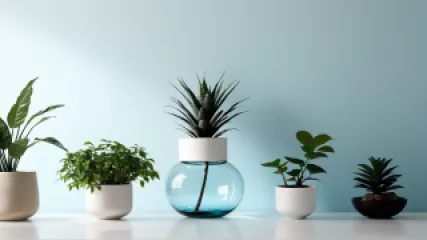My Life-Changing Social Media Cleanse Journey
před 1 rokem
Přínosy detoxikace sociálních médií
Ultimate Guide to Managing Somatic Symptoms
před 1 rokem
Řízení somatických symptomů
Maximizing Social Media Impact: The Ultimate Guide to Leveraging Cognitive Behavioral Therapy
před 1 rokem
Dopad sociálních médií
How can art workshops improve mental health?
před 1 rokem
Hojeti prostřednictvím umění
How to Manage Somatic Symptoms: A Step-by-Step Guide
před 1 rokem
Řízení somatických symptomů
Confronting Peer Pressure: An Empowering Perspective
před 1 rokem
Vliv vrstevníků
The Ultimate Guide to Cultivating Patient Relationships
před 1 rokem
Pěstování vztahů s pacienty
How to Incorporate Mindfulness Practices into Your Workday
před 1 rokem
Všímavost v práci
Lessons from 'The Life-Changing Magic of Tidying Up' for Decluttering Your Mind
před 1 rokem
Emoční dopady nepořádku
10 Best Sensory Processing Strategies for Stress Management
před 1 rokem
Zpracování smyslových informací
What Are the Best Healthy Habits to Adopt for Behavioral Change?
před 1 rokem
Zdravé návyky
How to Improve Child Psychology Skills for Educators
před 1 rokem
Dětská psychologie
5 Lessons from 'Tidying Up with Marie Kondo' to Transform Your Clutter
před 1 rokem
Emoční dopady nepořádku
Life Lessons from Marie Kondo: Decluttering Your Mind and Space
před 1 rokem
Emoční dopady nepořádku
Effective Strategies for Managing Somatic Symptoms
před 1 rokem
Řízení somatických symptomů















